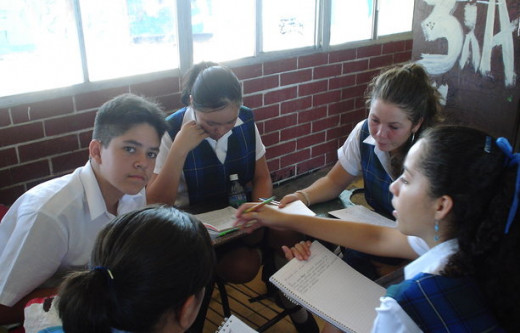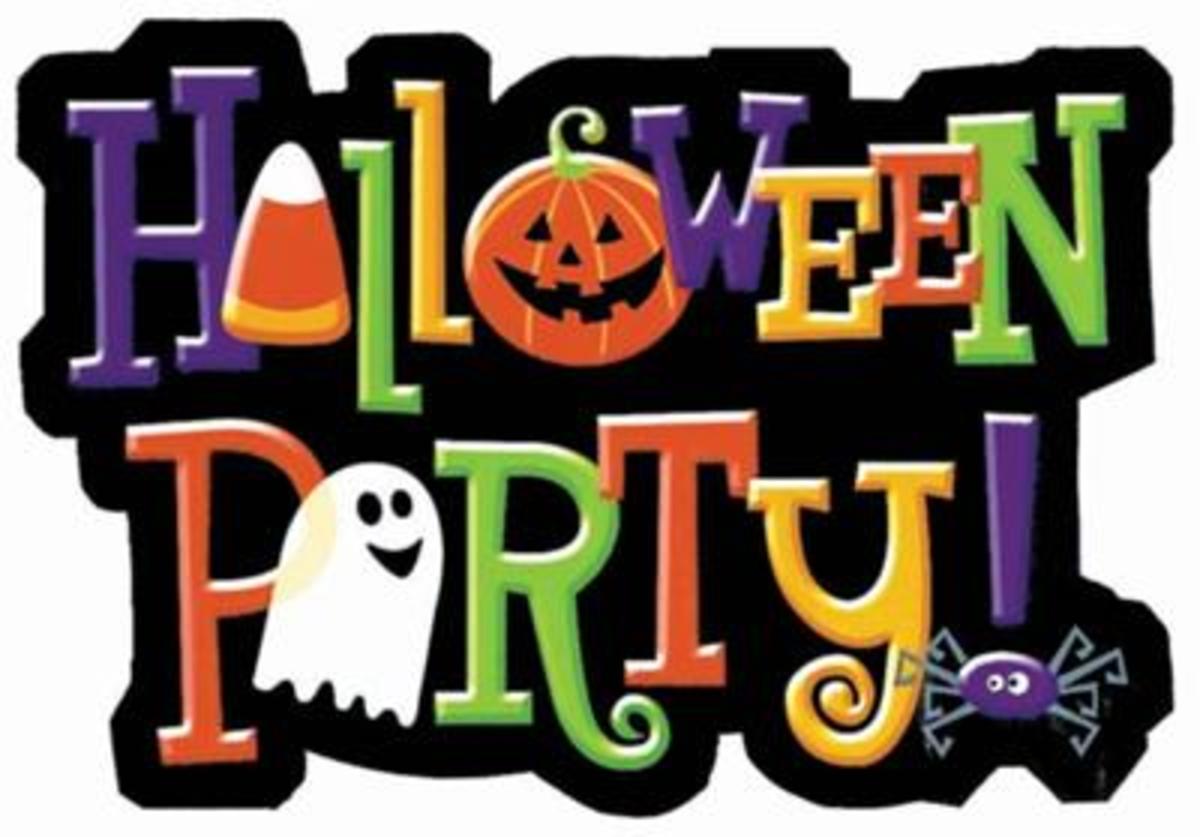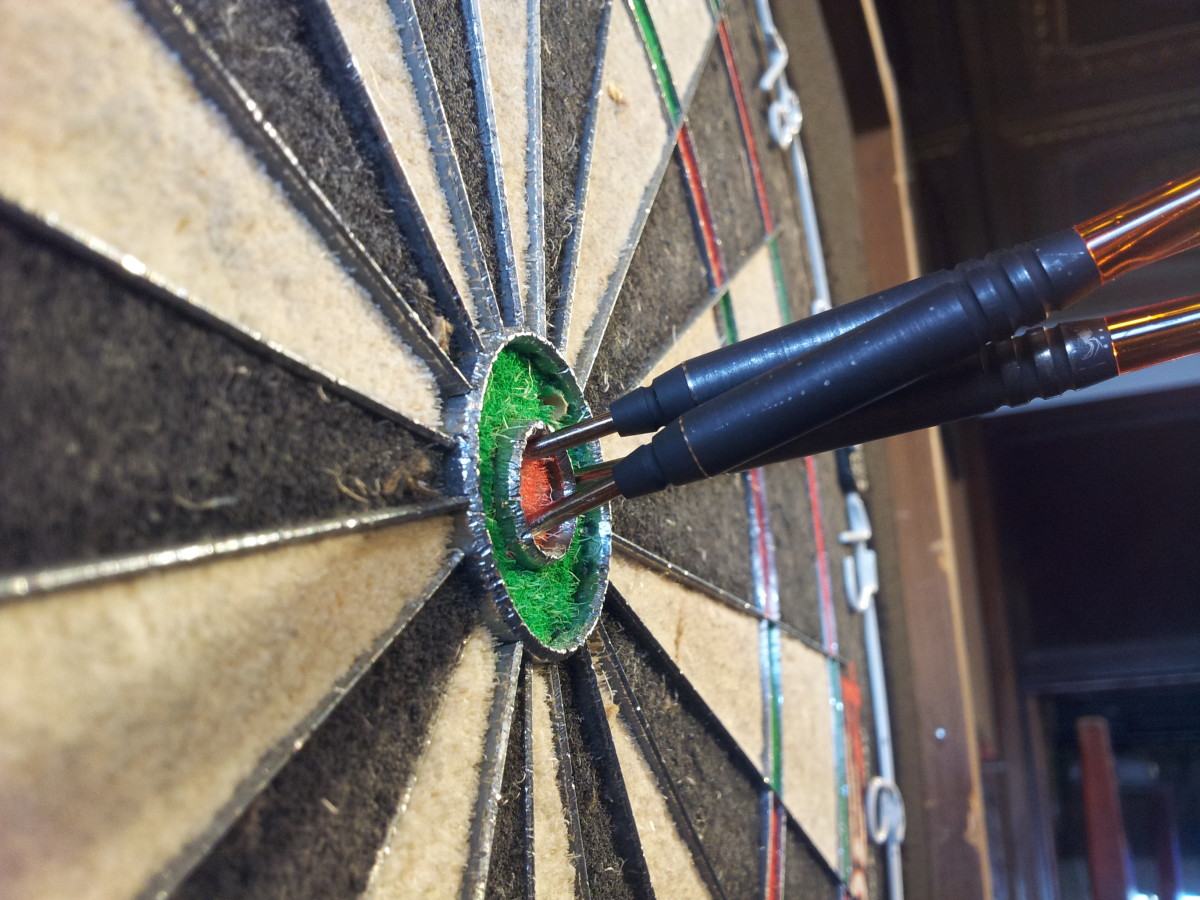School Scavenger Hunt Ideas

If you are a teacher and you wish to bring some excitement into your classroom, consider the option of scavenger hunts. At first it may seem counterproductive, as you are likely attempting to educate them rather than entertain them, but scavenger hunts can be as informative as they are fun.
You see, the easiest way to make a scavenger hunt simultaneously educational and fun is to utilize well thought out scavenger hunt riddles. The riddles themselves can be craftily disguised information that they will need for class. Only by paying attention in class can the students then solve these riddles and find the item on their list.
If you are looking for specific ideas, why don’t you try one of the following?
At School Scavenger Hunts
It is surely the most convenient option to have the scavenger hunt right there in your own classroom. You can arrange objects around the room before class begins. Or, depending on the type of clues you are using on your list, you can simply leave the room as it is. If you are using riddles that require previous knowledge that the student should have learned in class, then you do not necessarily have to hide the object of the hunt.
If the classroom is not big enough you can always expand this to a different part of the school. If you really want to go the whole nine yards, coordinate with your superiors and/or fellow teachers to host a larger event that covers more of the property. If you can make it a school wide event that is fun for all involved – students and faculty alike – then you will earn not only the respect of your coworkers, but also the respect of your pupils. These can also be AWESOME ways to get students to discover new things while on field trips/school outings.
At Home Scavenger Hunts
You may want to give your students something fun to do, but you also might be struggling to keep the lesson plan moving along at the right pace. If you’re worried about getting behind and you still want to have some form of scavenger hunt, then simply make it an independent exercise. This will allow you to have an extra homework assignment to grade, and it will be a nice break for the students. After all, who would prefer a worksheet over a scavenger hunt?
When designing a scavenger hunt list that is meant to be taken home, try to keep it open to generalities. That is, to say, that you should make sure that the requirements of the list could be reasonably filled within any regular home. You don’t want to send your students off with an assignment that they are incapable of completing.

Pretest Scavenger Hunts
Are you worried that your students will not pass the upcoming test? Consider staging a scavenger hunt with clues that are all solved with information from said test. Warn them of this a few days beforehand. Drop hints that the information will help them with something more than just the test, or flat out tell them that you are going to host a scavenger hunt that will require the information that you are teaching that day. Proceed to tell them that they will be allowed to use their notes – but not their books, friends’ notes, or other resources – to aid them in their coming hunt.
The result will likely be that at least some of the students will begin to take more careful notes. Perhaps pupils that have never written down a single word you’ve spoken will change their tune and begin new habits.
Though, there will always be some students who refuse to take notes for varying reasons. Some think themselves too clever; others won’t care about the scavenger hunt at all. It’s a sad reality. But by making sure you specify that they cannot share notes, you help to lessen the number of students that share this attitude.
If you are working with younger children from kindergarten to grade three, then note taking might not be a goal to focus too hard on. It is harder to get children that young to focus on writing accurate accounts of what you’re saying. As is expected – they are, after all, still very young. So consider instead, for said younger groupings of children, a different sort of scavenger hunt could be in order.
“No One Right Answer” Scavenger Hunts
The phrase “no one right answer” means that there are multiple potential correct responses to a question. If you are dealing with children so young that they cannot be expected to memorize too many specifics, you can still adapt a scavenger hunt to their needs. This can be done with the aforementioned phrase.
Instead of a scavenger hunt with clues that have a specific solution, leave things very open ended. For instance: the first clue on a kindergartener’s scavenger hunt list could be “find something yellow.” It is simple, fairly easy to fulfill, and it will help teach the child what the color yellow is. This same idea can be applied to shapes, numbers, letters, and a multitude of other categories.
For a slightly more complex set of clues, one might go with “find something with buttons.” This is still a fairly simple clue, but it would suit a first, second, or third grader just fine. It allows them to be creative. They might choose their coat, or a remote, or a doll that has button eyes. Whilst not strictly educational in the sense that it does not impart useful facts onto them, it does help teach them to think in new ways. And that can be incredibly important in a child’s early developmental years.
Group Scavenger Hunts
Aside from pure factual education and creative nurturing, there is a third area that scavenger hunts are great at helping children develop: teamwork. To use scavenger hunts for this purpose simply make it a team exercise. Give three or four students one list between them and allow them to decide how to tackle the situation. They might decide to split up, they might stick together, or they might hand out dedicated jobs amongst the group. Maybe one of them will be in charge of solving the riddles and the others in charge of finding the objects? That is the fun of group scavenger hunts! There are so many interesting strategies for them to try.
Please take my poll:
Have you used scavenger hunts in an educational way before?
If you would like to join us on Hubpages, learn lots of new things, and also make some money whilst writing about what you like, click here to sign up today … who knows, it may turn into your main income and passion!
© Copyright 2013. Brett.Tesol - Full terms available on Brett.Tesol's profile page (click the blue link for profile, failure to read the Copyright Contract could be expensive. The act of copying this work means that you accept the full terms of the contract, regardless of whether or not you have read it).








